(When pressed by reporters on whether it was a tender process or not, Mr Andrews replied: “I will use the words I choose to use.”)
Was it Margaret Thatcher or was it Meryl Streep (the two sometimes amalgamate in my mind) who said:’ there is no such thing as society’ and then did her best to destroy local communities as far as conveniently possible?
Society is not merely a sheet of numbers to be balanced,a series of pluses and minuses which must be pored over with a calculator. Society (and community) is made up of individual human beings with individual needs and potentials.
Social economist Eva Cox has, at least since 1995, been reminding us of the importance of the term ‘ social capital’ which I understand as the accumulated value of human beings with all their talents and enthusiasms and natural abilities and expertise which far outstrips any concept of individuals as mere economic units, required to contribute through labour and the tax system towards some faceless Gross National Product.
This week I attended a volunteer meeting at our local Community House in Torquay and found it buzzing with enthusiastic staff and volunteers involved in courses and programmes covering everything from childcare to employment support, a variety of support groups and courses in adult education. Here was human talent on steroids.
Leaders and their governments have not always appreciated the value of this ‘social capital’ contributed by volunteers and staff in a myriad of community groups.
A 2012 study at the University of Adelaide found that volunteering now has more monetary value than the mining industry, more than $200 billion a year. Its economic contribution outstrips revenue sources from mining, agriculture and the retail sector combined. An earlier study in 2003 even indicated that the prevalence of volunteering was likely to lead to a fall in homicides, sexual assaults, burglaries and vehicle theft.
So when governments start ripping essential funding away from community groups whose heart and spirit is mostly driven by volunteers, we might begin to appreciate the damage done. The Abbott government unfortunately has chosen to travel down this one–way street. Such economic choices may help balance the books but the dollar savings are only phantom and short-lived.
For example when groups dedicated to alleviating homelessness fail, the social cost spirals out into increased mental illness, crime and even suicide which is then hugely costly to a society. Women’s Health Victoria has issued data from the Australian Institute of Health and Welfare that found that after financial difficulty, domestic violence is the leading cause of homelessness for women and children. Less support in these areas means greater social disruption and in the end, a huge acceleration of costs in the health and criminal justice systems. Such policy signifies false economic management.
 The recent plea by Australian of the Year, Rosie Batty to restore funding to community groups working to alleviate violence against women, was poignant and would be ignored at our peril.
The recent plea by Australian of the Year, Rosie Batty to restore funding to community groups working to alleviate violence against women, was poignant and would be ignored at our peril.
This week I heard Amanda Vanstone, Liberal Minister in the former Howard government, assert on her ABC Counterpoint program that people should pay less tax, because taxes are better off in an individual’s pocket to do with what they want instead of being wasted on public spending.
Let’s not mince words. Behind this anti-community rhetoric is a ‘dog-eat-dog’ ideology which proposes (indirectly) that those who already have are entitled to ride roughshod over those who, often through circumstances beyond their control, are at a disadvantage and do not share equally in society’s resources.
Has the Abbot government learned nothing from this week’s leadership spill and the rout of the LNP government in Queensland?
There’s something innately unjust about stuffing down people’s throats a budget that is philosophically anti-community.Thankfully people can smell a bad deal when they see one. Perhaps equity is still an Australian virtue after all. An investigation into an equitable tax system, appears to be off the table for both major parties. It can be the foundation for a fair medical, education and social benefit system supporting those not fortunate enough to completely feel at home in what PM Abbot described this week as ‘the best country in the world.’ Best for some but not for others.
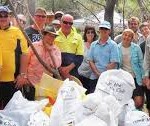
To paraphrase the great Tom Uren who was buried this week: ‘It’s the responsibility of the strong to support the weak and the rich to support the poor.’ Strong, vibrant people-based communities help to provide some of this important support and deserve their share of Australia’s resources.



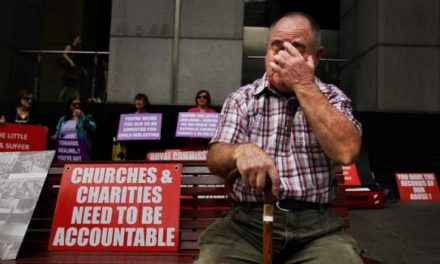

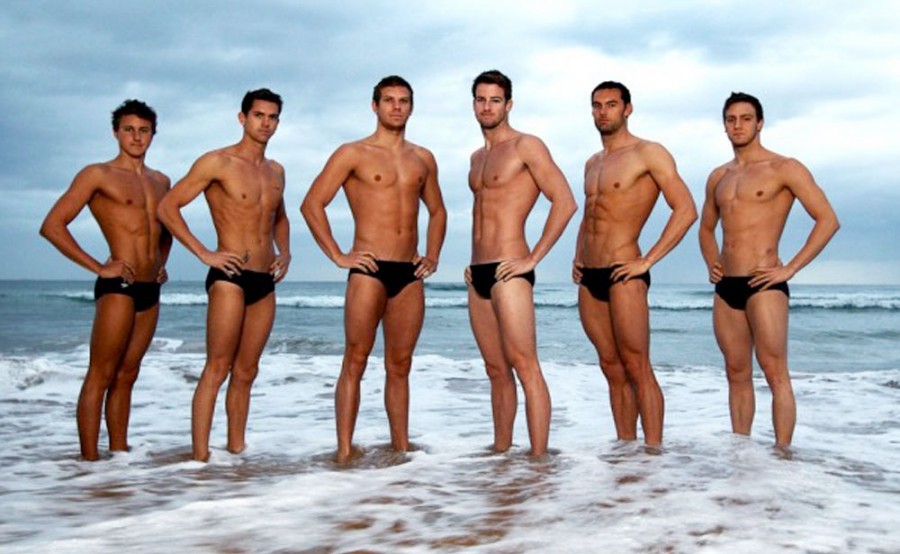
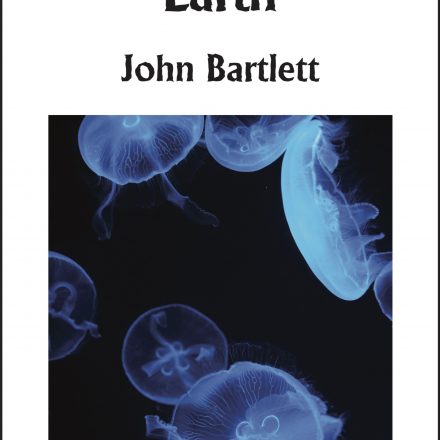
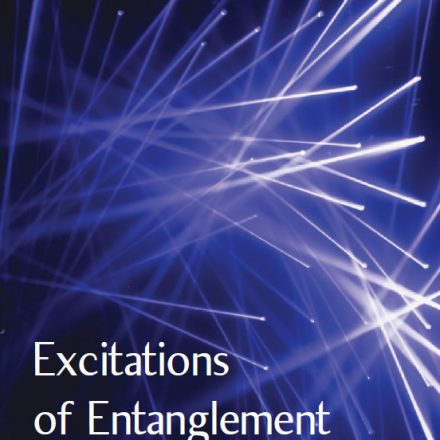
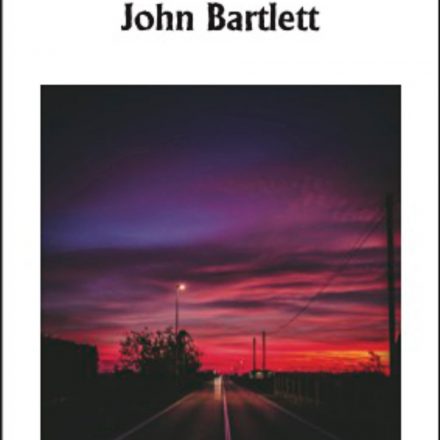
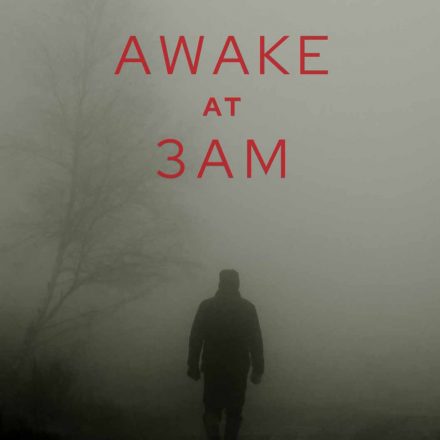
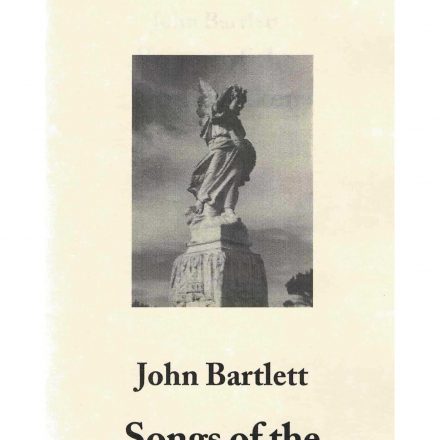

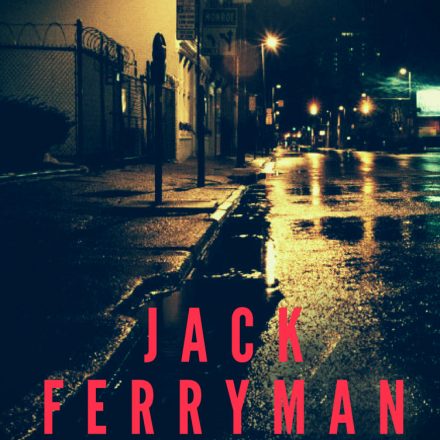
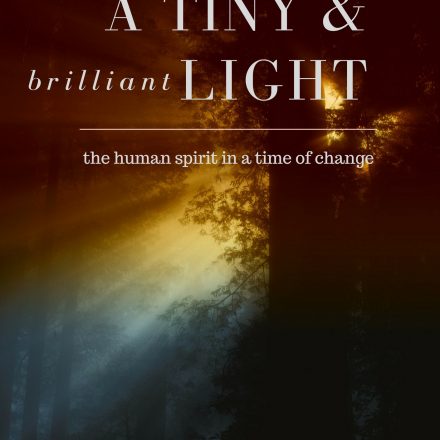

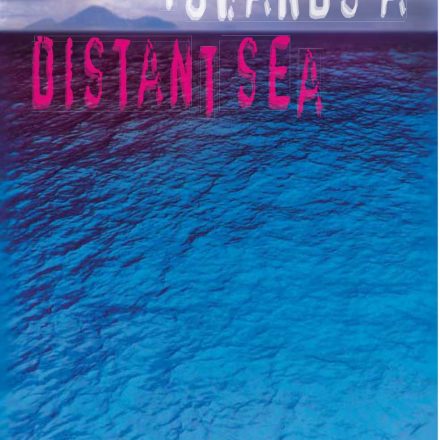
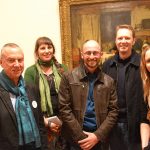
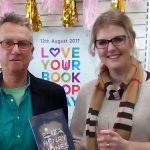
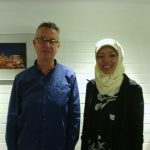

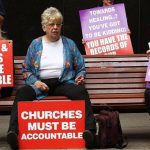

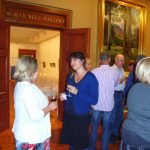
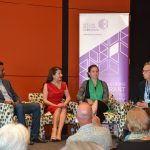
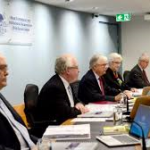
Timely article John. I am giving the keynote address at a forum on social justice in Shepparton next week – to celebrate World social Justice Day next Friday 20th. Feb. Your reference to the research into volunteerism was news to me, but the kind of world we have been building over the last thirty years has shifted dramatically in favour of the politically and financially powerful. I think civil society is at risk because it is becoming more and more difficult to recruit volunteers.
I am sure you won’t mind me quoting you.
Frank
Thanks John for sharing that.
Indeed many of us contribute money and finances which goes under the radar and I am sure the estimate of $200B is most likely less than the actual amount.
Keep up the good work!
Well written John.
Oh that our leaders would heed the wisdom on your words.
But they are too short sighted
and can only see a balance sheet on dollars (and alas no cents)
and not the human faces that make up our rich ad diverse Australia.
Regards
Maurice